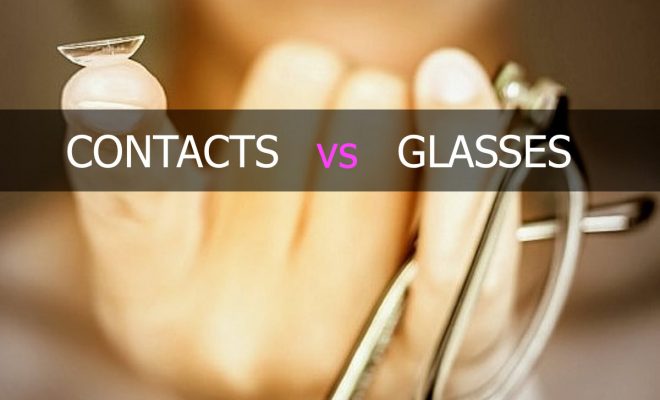
Your Eyes
Contacts vs Glasses – What’s Best For You
Contacts vs Glasses – the seemingly timeless debate. The truth is, there was a time when contact lenses weren’t an option for many people. And, for those who did have the option to wear them, they really weren’t very comfortable.
Well, it’s not much of a news flash to say that those days are over. But the debate continues. The reason being that there is still a lot of mystery around contact lenses: What type is best for you, how often you should wear them, how to read your prescription and whether or not they can be harmful for your eyes.
Lucky for you, we’re going to cover all of these things in this article, as well as why you might still want to wear glasses.
Contact Lenses
You’ve worn glasses your entire life – maybe you’ve tried contacts once or twice, but for whatever reason you’ve stuck with your trusty spectacles. Now you miss seeing the world naturally and want to know if contacts are right for you. Here are some core benefits of switching to contacts:
Benefits
1 | Natural Vision
One of the best benefits of contact lenses is perhaps the most obvious. They allow you to experience the world naturally. By not obscuring your peripheral vision you not only have a more natural sense of vision, but they also maximize your range of vision.
2 | No Glare
There are all kinds of lenses available for glasses to prevent glare and fogging. Since there is no distance between the contact lense and your eye, glare and fog are not issues.
3 | No Frame
If you’re someone who wears glasses everyday, all day, you know that it doesn’t matter how lightweight your frames are – you notice them constantly. Whether it’s the weight of your frames and lenses, the obstructive (yet stylish) shape, or not remembering where you put them while you’re scrambling to get out the door in the morning, they’re not always ideal. Contact lenses go in when you wake up, and they come out at night – beyond that you don’t have to think about them.
4 | Great For Active Lifestyles
Put away those straps, grandpa – there’s nothing more annoying than struggling with glasses while trying to do a physical activity. You want to perform at your best and between having a limited vision range and constantly pushing your frames back up your nose the more you sweat, contacts are the perfect solution for sports and active lifestyles.
Note: Consult with your doctor about contacts for use with Water Sports. Generally, using contact lenses in water is not recommended as it can increase the risk of eye infection from microorganisms.
The Prescription
Important: Your glasses prescription is different than your contact lense prescription. If you haven’t been given a contact lense prescription from your eye doctor, this is an important first step.
Prescription Terms:
If you’re interested in purchasing contact lenses online, you may see several numbers depending on your condition. For people who are far or near-sighted, it’s pretty straight forward as you’ll just have your lense Sphere (SPH or Strength), Base Curve (BC) and Diameter (DIA). However, there are also lenses available for other conditions like astigmatism, presbyopia and multifocal needs.
OD
Right Eye Parameters
OS
Left Eye Parameters
SPH
Sphere indicates the amount of lens power prescribed for nearsightedness or farsightedness.
CYL & AXIS
A Cylinder (CYL) and Axis is required to correct Astigmatism. Both parameters will be required together.
ADD
This provides magnifying power for reading, progressive and bifocal lenses.
Base Curve & Diameter
These numbers are specific to contact lenses and are related to the size and fit of your lenses.
Types Of Contacts
If you’ve already looked at the options out there, you’ve noticed that not all brands are created equal. Not all brands will match your prescription needs exactly as well. When you visit your eye doctor, they will recommend a brand that best meets your vision and lifestyle needs.
Daily Wear
These days, daily wear contact lenses are the most common. The reason mostly has to do with comfort and cleanliness. There are several categories of “Daily Wear Lenses” since – contrary to popular belief – this type of lense doesn’t exclusively mean 1 day disposable lenses.
Daily Wear lenses are literally lenses you only wear during the day and take out at night. You can purchase lenses that are intended for 1 day, 2 week, monthly or even 3 month use. That said, single use contact lenses tend to be more common among these options.
Extended Wear
The reason contact lenses aren’t intended for overnight wear is because they restrict the flow of oxygen to your cornea which can lead to infection and other medical issues. There are, however, contact lenses that are specially designed, and FDA approved, for extended wear and do allow your eyes to breath through the lense. Both 7 day and 30 day extended wear contacts are most common and will let you keep your lenses in constantly over that period.
Rigid Lenses
Also known as RGP (or, Rigid Gas Permeable Lenses). These offer the most oxygen flow to the cornea than your traditional soft lenses. While most people still prefer soft lenses for comfort reasons, RGP lenses can provide more clarity and better vision since they are more durable and don’t collect protein deposits as easily as soft lenses.
Color Lenses
These are available in both prescription and non-prescription and exist for a purely aesthetic purpose. The lenses have a colored overlay that will allow you to create the effect of changing your eye color. You can also find lenses with funky designs rather than just a color change, for a more… shocking effect!
Cleaning & Care
It can be confusing to know what type of solution is needed to clean and care for your contact lenses. But, it’s very important. Poor care can lead to serious eye infections and even blindness in more extreme cases.
All that aside, caring for your contacts is actually easier than ever.
The easiest solution is to use single use contact lenses that get disposed at the end of each day. However, if you’re lenses are for longer term use, check out this article on proper cleaning practices for contact lenses.
Bonus: Putting in Your Contacts
Glasses
Now that we’ve talked all about contact lenses, it’s time to give glasses some love. Glasses are awesome! They can be amazing fashion accessories/statements, and can completely change the look of your face.
It’s also important to give your eyes a rest from contact lenses from time to time. As we mentioned, contact lenses can restrict the proper flow of oxygen to your cornea which, if you use your contacts properly, isn’t anything to be concerned about. But, most doctors will recommend that you have a glasses day once a week.
Benefits
1 | UV Protection
One of the best things about sunglasses that contacts can’t provide is proper UV protection – which is very important for both the short-term and long-term health of your eyes. Read our article on how to properly protect your eyes from UV rays, here.
2 | Match Your Style
Not only are glasses easy to throw on in the morning and go, but they’re a great way to add to your personal style! Whether you’re heading to work, out to a party or a formal event, there’s a style perfect for every occasion and how you want to express yourself.
3 | Easy Cleaning
Unlike contact lenses, your glasses don’t need to be cleaned every day, making them much more convenient for people needing to optimize their time. In a pinch, a quick wipe with a proper cleaning cloth may be all you need.
Here are some tips to properly clean your glasses:
- Rinse your glasses with water before wiping your glasses as tiny dust particles can be abrasive and lead to small scratches on the lenses.
- If you’re going to use a cleaning chemical, make sure they are designed for glasses. Windex and other household cleaners can actually dissolve the coating on your lenses.
- Whenever possible, allow your glasses to air dry. If time is an issue, a soft cleaning cloth will also work.
- Use a proper cleaning cloth. Other materials like paper towel, tissue, and fabric can damage your lenses.
- It’s best to hold your glasses by the bridge between the two lenses to avoid accidentally bending or damaging your frames.
4 | No Eye-Touching
One of the biggest objections people have to wearing contact lenses is that they don’t like touching their eyes. Okay – fair enough! There’s really no getting around it. Glasses mean never having to poke at your own eye.
5 | Cheaper Than Contacts
It’s true that a single set of contact lenses can be much cheaper than a new pair of glasses. However since many contacts are single use – and even with longer use lenses – over time, glasses are much cheaper than buying a new set of contact lenses every few months.
Fitting
Aside from your actual prescription, glasses need to fit your face properly. This can be one of the biggest hesitations to buying glasses online. Fortunately, it’s easy to identify the size of the glasses you need.
If you have an existing pair of glasses, here’s where you can find the sizing information and what it means:
Purchasing glasses online can often be far less expensive than at your optometrist’s’ office. A good tip is to take a visit to a local eyewear store and try on some frames. When you find some you love, write down the model number and sizing information.
Bonus: Finding Your Perfect Glasses
Have you ever walked into an eyewear store and spent the next hour or two trying on dozens of pairs trying to find your perfect fit? The “Trial & Error” method can be fun, but it can also be very exhausting.
You can narrow down your options quickly by understanding more about your face shape, and how frame colors can mute or enhance your natural skin, eye, and hair colors.
Check out our in-depth article on finding the perfect pair of glasses.
Your Key Takeaway
At the end of the day, everyone wants a day off from both contacts and glasses – giving yourself the option for both will give you the freedom to prepare for your day in any way you want.
When it comes to contacts, comfort is everything. If your contact lenses are not intended for overnight use, it’s important to take them out when you get home in the evening and give your eyes the chance to breath and rest.
If you’re a first time contact lense user, or if it’s been awhile since you’ve used them, you may find some discomfort for the first few days while your eyes adjust. Assuming your lenses are properly fitted, this is fairly normal. But, giving your eyes a rest by using your glasses every few days is a good way to ease yourself into the swing of things.

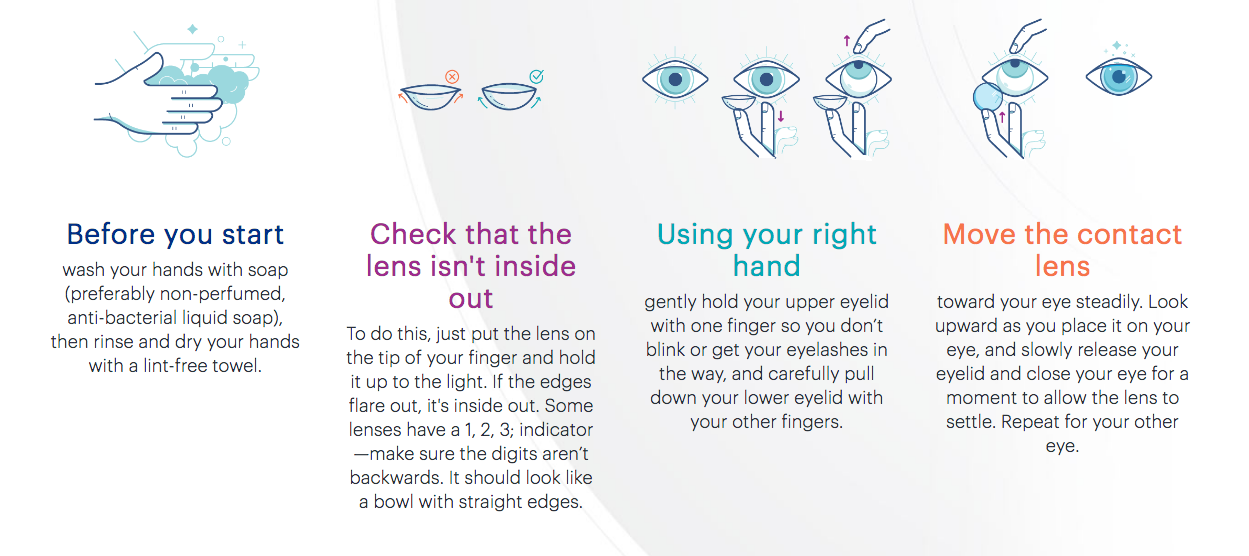
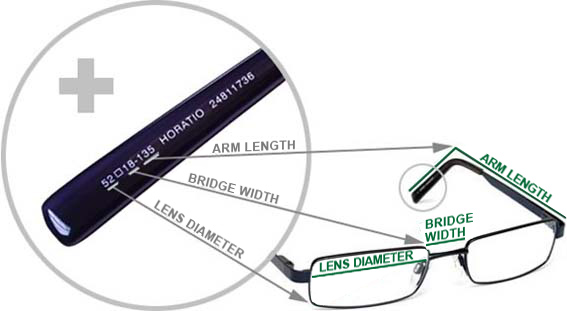


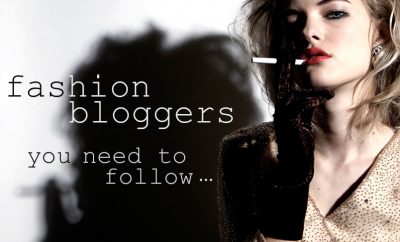
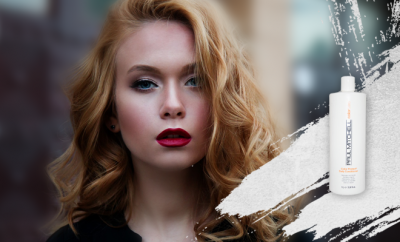

You must be logged in to post a comment Login